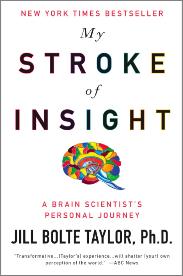Dr. Ruby Dunlap’s Uganda Fulbright Blog
Had it been a philosophical chicken, it certainly would have appreciated Thomas Hobbes and his cynical view of things. From the moment it emerged from its shell, wet and tottering, until it was finally dispatched by someone to be eaten by me and mine, it had lived to eat brutishly and avoid being eaten nastily.
It had been marginally successful in its first ambition and finally unsuccessful in its last. Now, to add insult to injury, I was critically gazing at its scrawny, blue-tinged carcass and wondering why I had paid 12,000 Ugandan shillings for it, roughly about 6 USD.
Chicken, I had been told, is more expensive than beef in Uganda. My experience has validated that. A plump fryer-sized chicken in a Kampala grocery store costs about 16,000 shillings or 8 USD. A pound-sized package of minced (ground) lean beef costs about 1.50 USD. The chicken in my kitchen had been purchased, sight unseen, from someone Karen had said raised really extra good chickens. This must have been one of their bad-chicken days.

